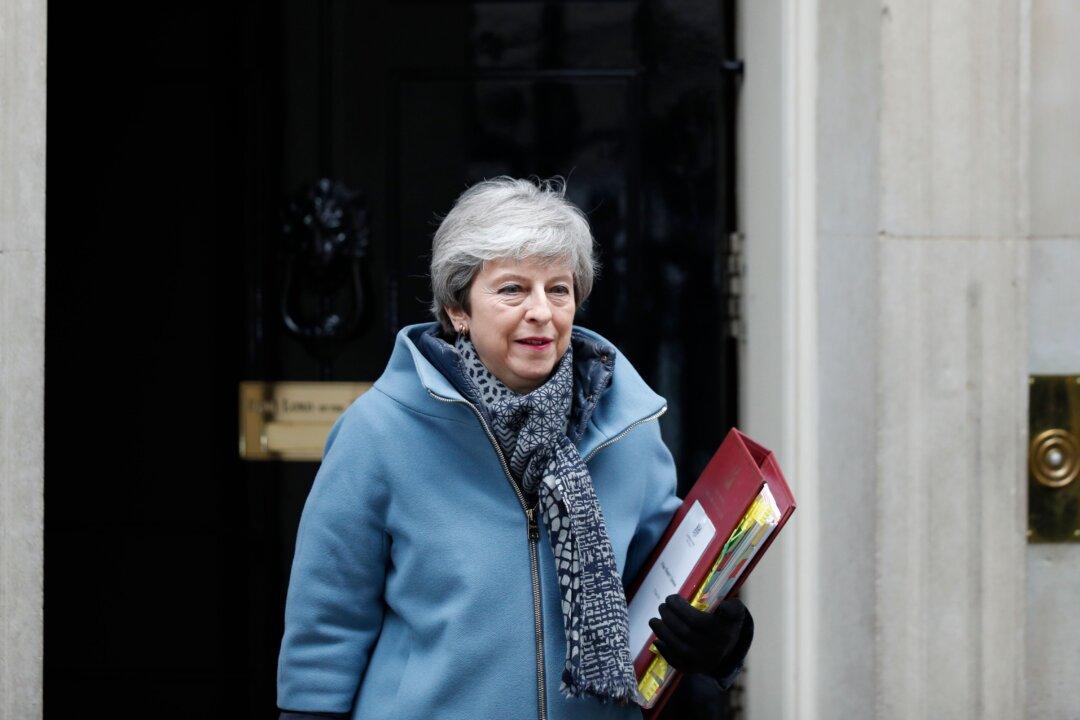LONDON—The UK has been excluded from a new European Union satellite navigation system designed to rival the U.S.-controlled global positioning system—despite having already paid ₤1 billion ($1.3 billion) toward the project.
British companies are being blocked from bidding for contracts in the ₤8 billion ($10.6 billion) Galileo project, with a majority of EU states voting to go ahead with the next stage of contracts.




